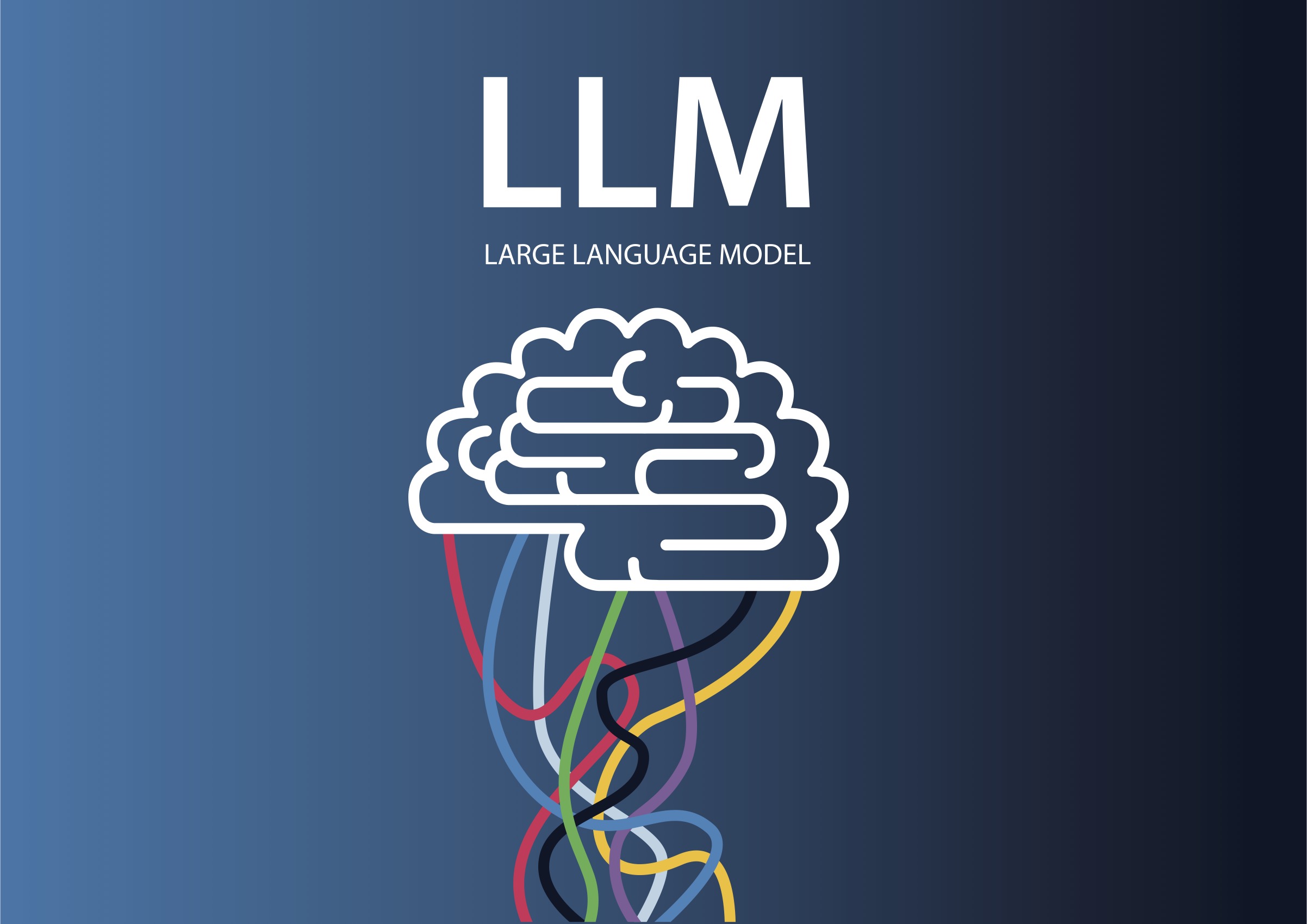US CEOs prioritise cost reduction and AI integration amid global economic uncertainty. According to KPMG’s 2025 CEO Outlook, leaders are reshaping supply chains while preparing for rapid AI transformation over the next three years.
Tariffs are a key factor influencing business strategies, with 89% of US CEOs expecting significant operational impacts. Many are adjusting sourcing models, while 86% say they will increase prices where needed. Supply chain resilience remains the top short-term pressure for decision-making.
AI agents are seen as major game-changers. 84% of CEOs expect a native AI company to become a leading industry player within 3 years, displacing incumbents. Companies are accelerating investment returns, with most expecting payoffs within one to three years.
Cybersecurity is a significant concern alongside AI integration. Forty-six percent have increased spending on digital risk resilience, focusing on fraud prevention and data privacy. CEOs recognise that AI and quantum computing introduce both opportunities and new vulnerabilities.
Workforce transformation is a clear priority. Eighty-six percent plan to embed AI agents into teams next year, while 73% focus on retaining and retraining high-potential talent. Upskilling, governance, and organisational redesign are emerging as essential strategies.
Would you like to learn more about AI, tech, and digital diplomacy? If so, ask our Diplo chatbot!










